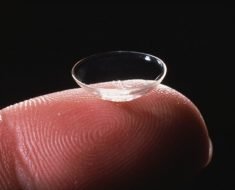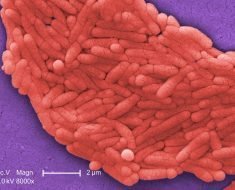Having a prior cesarean section (C-section), smoking, illicit drug use, and obesity increase the likelihood of developing an infection during a C-section delivery, according to new research presented at the 45th Annual Conference of the Association for Professionals in Infection Control and Epidemiology (APIC).
A retrospective chart review of 90 C-section deliveries, (30 cases developed infections and 60 cases did not) identified four pre-delivery risk factors for developing a C-section infection. Women who developed a C-section infection were:
- 8.41 times more likely to have had a prior C-section
- 3.8 times more likely to have smoked
- 25.3 times more likely to have had a history of illicit drug use
- More likely to have had a higher body-mass index (BMI) with 42.4 average BMI for all cases and 36.9 BMI for those who did not develop an infection
The majority of the infections were identified by positive wound cultures consisting of both common commensal and enteric organisms, such a Staphylococcus species and Escherichia coli (E. coli) respectively. These are common organisms found in/on the body that normally do not cause harm, but when they invade an open wound, can lead to infection.
A qualitative review of the cases suggested that more patient education was needed following a C-section, as discussed by study co-authors Stefanie Buchanan, RN, BSN, CIC, and Marko Predic, MS. “We found that women leave the hospital with a breadth of information on caring for a newborn and often overlook the education provided on caring for their wound,” stated Stefanie Buchanan.
Following the study, the infection prevention team at University of Florida Health Jacksonville updated their standard of care for women pre- and post- C-section, focusing on increasing patient education. Upon discharge, nurses provide patients with additional resources on wound care and perform an assisted shower to demonstrate proper cleaning.
In addition, because a large portion of the infections were attributable to common commensals, nurses now ensure patients are bathed with the disinfectant chlorhexidine gluconate (CHG) prior to surgery.
Source: Read Full Article





